Friday, 10 May 2024
Menu
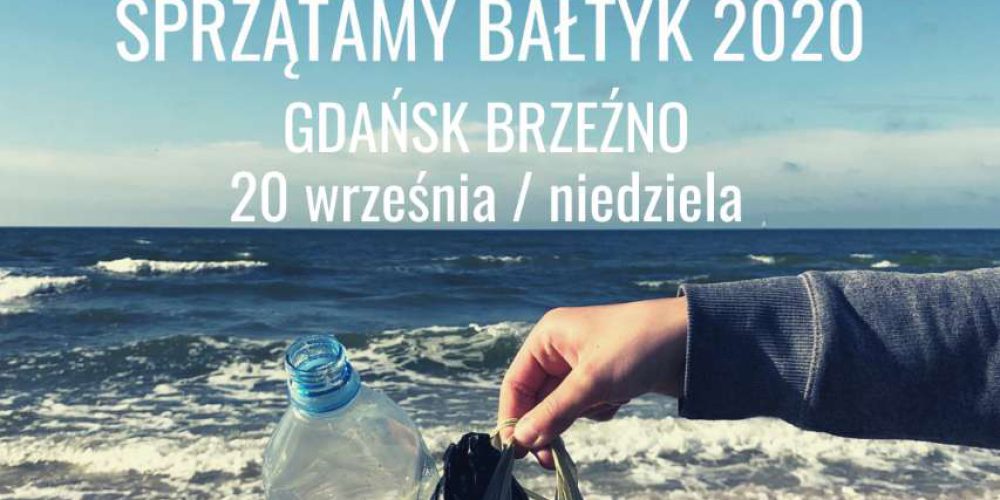
The litter we see every day in the water or in the sand is just the tip of the iceberg of a serious problem. It is estimated that only about 1% of all marine litter makes it to the surface of the water, about 5% ends up on beaches and as much as 94% of all litter falls to the bottom where it remains for decades, posing a huge threat to the entire ecosystem.
Therefore, in order to make a difference, on 20 September, as part of World Cleanup Day, the MARE Foundation is organising an action under the slogan Clean up the Baltic!
The Baltic is our sea. Let’s protect it together! On September 20, come to the beach at the Pier in Brzeźno and collect litter with us. Those from the sand and those from the bottom of the Baltic Sea. We invite divers, residents, tourists, sportsmen, adults and children to join us in cleaning up the Baltic Sea. Together we have the power to change the world! – appeals Olga Sarna of the MARE Foundation
The organisers provide litter bags, gloves, a fantastic atmosphere and a sense of doing something important for the Baltic Sea. In addition, there will be symbolic prizes for everyone who collects and brings a bag of rubbish to the table.
Anyone can act anywhere! All you have to do is want it!
If something is important to us and we really want it – we will find a solution, not an excuse. For years now, the Foundation “The Lesser Blue” and Nautica Travel have been helping people with disabilities to dive under the surface and admire the beauty of the underwater world. The topic of clean seas and oceans is very important to both organisations and their divers, so divers with disabilities will also take part in the Baltic Sea clean-up, which is the most beautiful example of the fact that anyone can act, you just have to want to!
Can’t take part in the action in Gdansk? No problem! Take your family and friends and clean up a piece of beach in your neighbourhood! Not one of the lucky ones living by the sea? That’s no problem either! Get out of the house and clean up the surrounding forest or river. The MARE Foundation reminds us that 99.7% of Poland’s area is in the Baltic Sea catchment area, which means that no matter where you live, you have an impact on the state of the Baltic Sea. Let it be only a positive one!
The Baltic Sea is drowning in rubbish
Every year between 4.8 million and 12.7 million tonnes of plastic enter the seas and oceans! This means that an amount of rubbish equivalent to the capacity of one rubbish truck enters the sea every minute. Plastic waste is found everywhere, from the Arctic to the Antarctic, from the surface to the very bottom
The situation is no better in our own backyard. It is estimated that over 60% of marine litter found in the Baltic Sea and on its beaches is plastic of various origins. What is more, Poland is one of the six EU countries with the largest demand for single-use plastics, and thus undoubtedly has a huge impact on the level of pollution of the sea with this material.
Plastic is not fantastic
Plastic does not decompose but only breaks down into smaller and smaller particles, so-called microplastics (particles less than 5 mm), which remain in the ecosystem forever. Because of its small size, microplastic is easily consumed by living organisms and so finds its way into the food chain. Recently, microplastic particles have also been found in drinking water and food products such as salt or honey. Their impact on human health is not yet known.
The beaches are drowning in petrol!
Cigarette butts are another common and ubiquitous type of pollution. Cigarette butts, commonly known as pet, make up over 50% of the disposable plastic litter found on Baltic beaches. Smokers often do not realise that cigarette filters are made of cellulose acetate, a PLASTIC material that can take up to 10 years to decompose. Studies have shown that cigarette butts contain many toxic chemicals, including arsenic, nicotine and various heavy metals, which are released into the environment from discarded cigarette butts. Cigarette filters are not biodegradable, only photodegradable, meaning that they break down into small pieces in the presence of UV light. These pieces remain in the environment, where they are absorbed and eaten by living organisms.
The average annual consumption of cigarettes in Poland is as high as 45 billion! It is estimated that around 60% of them are thoughtlessly thrown away on the ground and eventually, when washed away by rain, migrate to the sea, posing a gigantic threat to the marine ecosystem and the creatures living in them.
If you would like to help, please visit event pagewhere you will find all the necessary details. See you on Sunday!
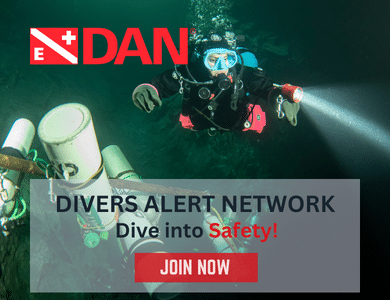
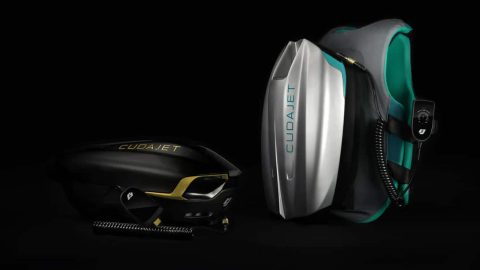
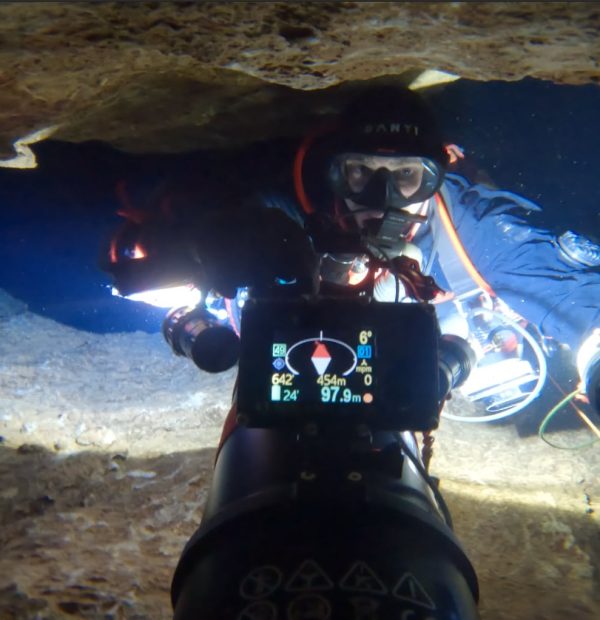

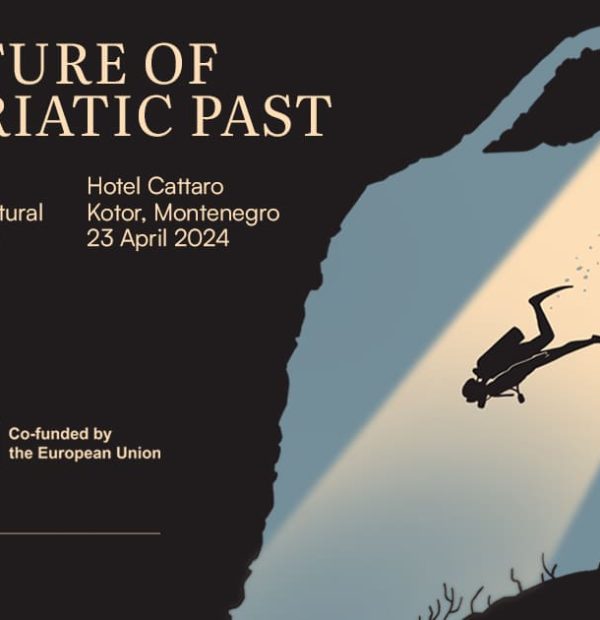
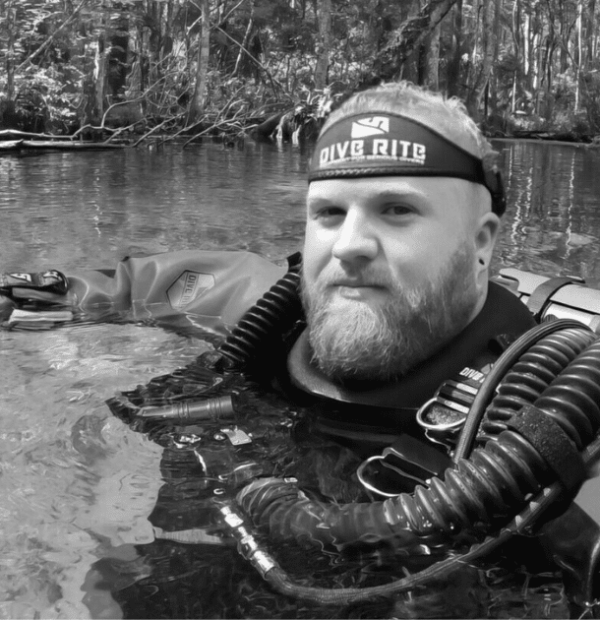
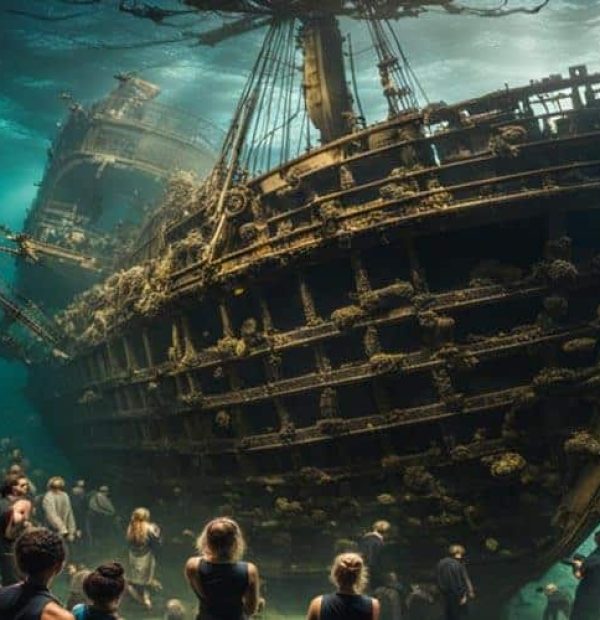
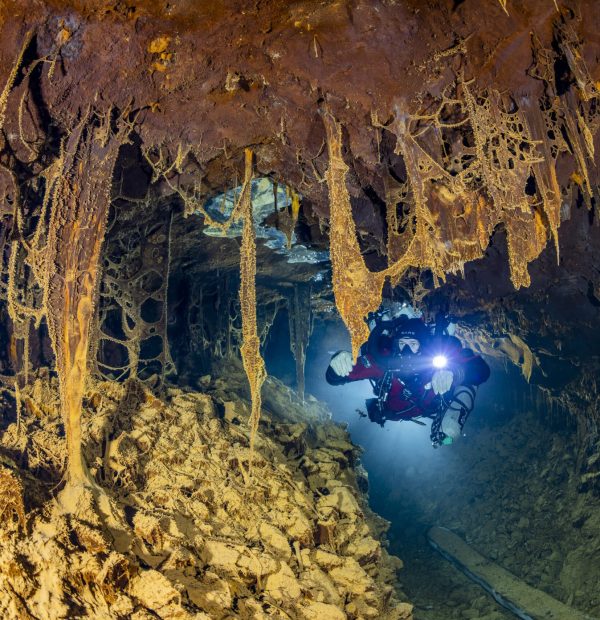
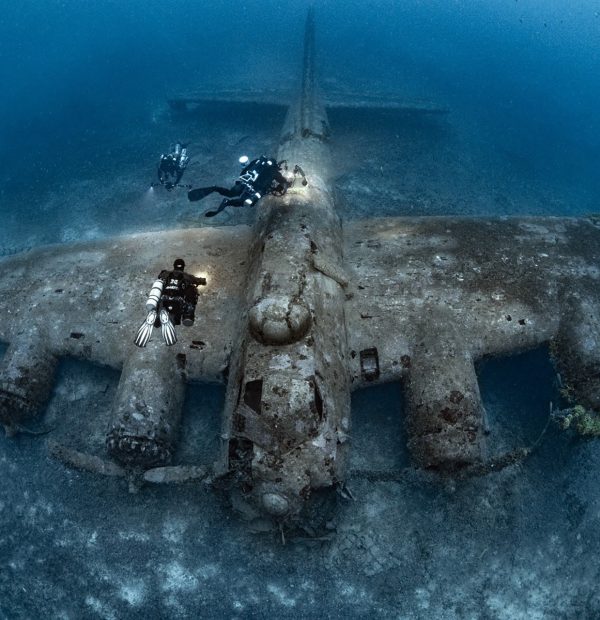

Welcome to DIVERS24.COM, your daily source of scuba news, freediving, scuba diving information, and equipment reviews. Our comprehensive coverage of the dive industry from A to Z provides you with all the latest scuba news, training updates, underwater photography tips, and everything else related to scuba diving. Whether you’re a beginner or an experienced diver looking for more knowledge about scuba gear or techniques – we’ve got it covered! With our in-depth articles written by experienced divers who have been there and done that, you are sure to find exactly what you need here at Divers24.com. Dive into scuba news today!
Underwater Media Sp. z o.o.
Szafarnia 11/F8,
80-755 Gdansk, Poland
Welcome to DIVERS24.COM, your daily source of scuba news, freediving, and scuba diving information. Sign in for a weekly news update and discount coupons for dive gear and apparel.
@2023 - underwatermedia.pl. All Right Reserved. Designed and Developed by Tworzenie stron internetowych Gdansk

The Divers24 portal is currently the largest online medium treating diving in Poland. Since 2010 we have been providing interesting and important information from Poland and around the world on all forms of diving and related activities.
Contact us: info@divers24.com